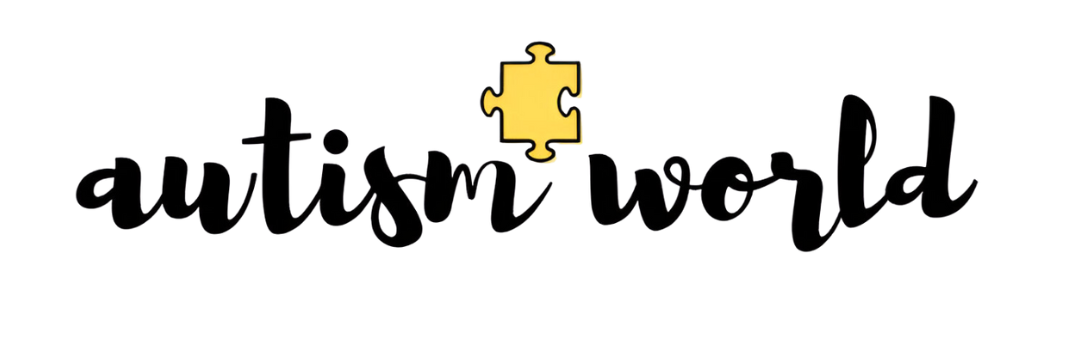With 9 years of experience in the kitchen, I’m passionate about crafting delicious recipes and sharing them with food lovers worldwide. 🍽️✨ Whether it’s a comforting homemade dish or a creative cocktail, my goal is to make cooking fun, easy, and enjoyable for everyone. Join me on this flavorful journey! 🍹🥗

What challenges may autistic people face in personal relationships ?
Challenges Autistic People Face in Personal Relationships and How to Overcome Them
Autism is a neurological condition that impacts how individuals perceive and interact with the world. For people on the autism spectrum, personal relationships—whether friendships, family bonds, or romantic partnerships—can be particularly challenging due to differences in communication, social understanding, and emotional expression.
In this article, we’ll explore the main challenges autistic people face in relationships, and how these challenges can be managed with understanding, support, and tailored strategies.
1. Difficulty Understanding Emotions and Social Cues
One of the core challenges is understanding nonverbal communication and emotional expressions. Autistic individuals often struggle to interpret facial expressions, body language, eye contact, or tone of voice.
Impact on relationships:
Misunderstandings may arise, making others feel ignored or emotionally disconnected. This can create emotional distance and reduce trust between the autistic person and their loved ones.
2. Verbal and Nonverbal Communication Difficulties
Autistic people may find it hard to express themselves clearly or interpret others’ messages correctly. This can include literal thinking, unusual speech patterns, or challenges in using gestures and eye contact.
Impact on relationships:
Partners or friends may misinterpret these communication differences as lack of interest, dishonesty, or emotional detachment, which can lead to conflict or emotional strain.
3. Rigidity and Resistance to Change
People with autism often rely on routines and predictability. Changes in daily plans, environments, or expectations can cause stress and discomfort.
Impact on relationships:
Loved ones may feel frustrated or limited when spontaneous plans or emotional flexibility are needed in the relationship.
4. Repetitive Behaviors and Intense Interests
Autistic individuals may engage in repetitive actions or have focused interests that can seem unusual to others.
Impact on relationships:
These behaviors may feel confusing or isolating to friends or partners who don’t understand them, potentially creating barriers to deeper connection.
5. Difficulty Understanding Relationship Boundaries
Some autistic individuals may not fully grasp unwritten social rules or relationship boundaries, such as personal space or emotional timing.
Impact on relationships:
This can lead to awkward interactions or accidental boundary-crossing, causing discomfort or tension in the relationship.
6. Social Anxiety and Withdrawal
Many autistic people experience social anxiety, especially in group settings or unfamiliar environments. This anxiety may result in avoiding social events or preferring solitude.
Impact on relationships:
This can limit opportunities to build or maintain friendships and may be misinterpreted as rudeness or aloofness.
7. Emotional Regulation Difficulties
Autistic individuals may have intense emotional responses or trouble identifying and managing their feelings in socially expected ways.
Impact on relationships:
Unexpected emotional reactions may confuse or overwhelm others, and can sometimes lead to judgment or misunderstandings in emotionally sensitive situations.
8. Romantic Relationship Challenges
Romantic relationships often require emotional reciprocity, unspoken cues, and subtle expressions of love—all of which can be difficult for people with autism.
Impact on relationships:
Partners may feel emotionally disconnected or misunderstood. Autistic individuals might also struggle with expressing affection in conventional ways, leading to frustration on both sides.
9. How to Support Autistic Individuals in Relationships
Despite these challenges, autistic people can absolutely have meaningful and fulfilling relationships. Success often comes through:
-
Clear and direct communication
-
Respecting their need for routine and structure
-
Therapies like Cognitive Behavioral Therapy (CBT) or Social Skills Training
-
Patience and empathy from friends, family, and partners
-
Support groups and autism-informed counseling
Creating an inclusive, understanding environment plays a key role in helping autistic individuals thrive in relationships.
Conclusion
While there are real challenges autistic people face in personal relationships, these are not insurmountable. With early support, consistent communication strategies, and greater societal awareness, autistic individuals can enjoy deep, rewarding connections with others.
Understanding, patience, and acceptance are the foundations of every healthy relationship—especially when it comes to neurodiversity.




